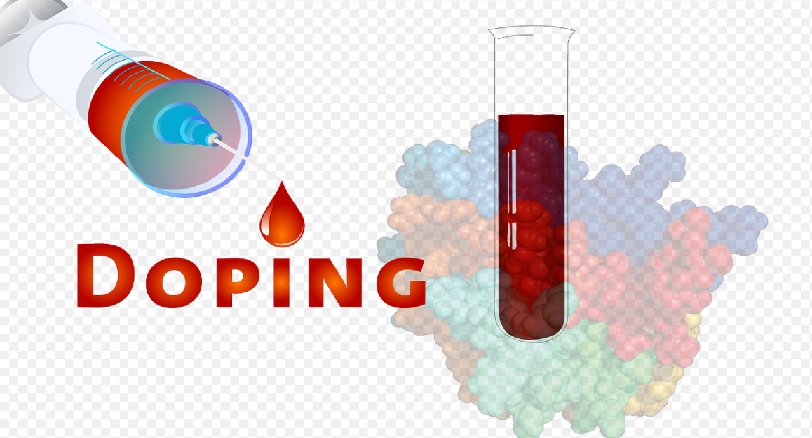German doctor accused of masterminding sports doping goes on trial
A German sports doctor accused of masterminding an international blood doping network for professional sportspeople, from at least 23 athletes from eight countries over many years went on trial in Munich on Wednesday. In Germany, the doctor was arrested. Prosecutors say the defendant, identified in Germany only as Mark S., was behind performance-enhancing blood transfusions mostly for cross-country skiers and cyclists.

- Country:
- Germany
A German sports doctor accused of masterminding an international blood doping network for professional sportspeople, from at least 23 athletes from eight countries over many years went on trial in Munich on Wednesday. The case is a result of "Operation Bloodletting" under which police raided the Nordic Ski World Championships in Austria in February 2019 and arrested athletes just hours before the start of an event. In Germany, the doctor was arrested.
Prosecutors say the defendant, identified in Germany only as Mark S., was behind performance-enhancing blood transfusions mostly for cross-country skiers and cyclists. They believe he was involved in the practice from at least the end of 2011.
There are two forms of blood doping. Autologous blood doping is the transfusion of an athlete’s own blood, which has been stored, refrigerated or frozen, until needed. Homologous blood doping is the transfusion of blood taken from another person with the same blood type. "The charge is the commercial use of a banned doping substance and is directed against the doctor and the small group of people who are alleged to have helped him over a long period of time," prosecution lawyer Anne Leiding told reporters.
Four other suspects are on trial accused of helping him with the collection and supply of blood. If convicted, the doctor could be put behind bars for between one and 10 years. The trial is set to continue until at least mid-December.
(This story has not been edited by Devdiscourse staff and is auto-generated from a syndicated feed.)
ALSO READ
Senthilkumar enters quarterfinals of German Open squash
Germany says Russia very likely responsible for Baltic GPS disruptions
Incendiary device thrown at German synagogue door, but damage minor and no injuries
German investigators seize fake US bills with a face value of over USD 103 million
Rights lawyers go to court to stop German arms deliveries to Israel










